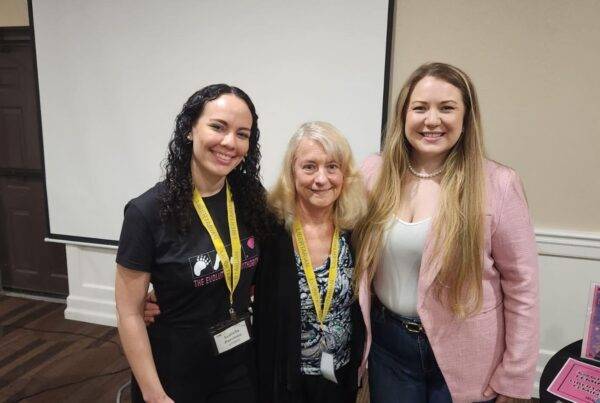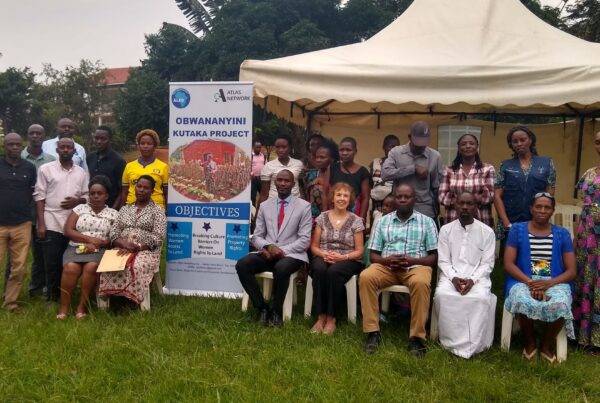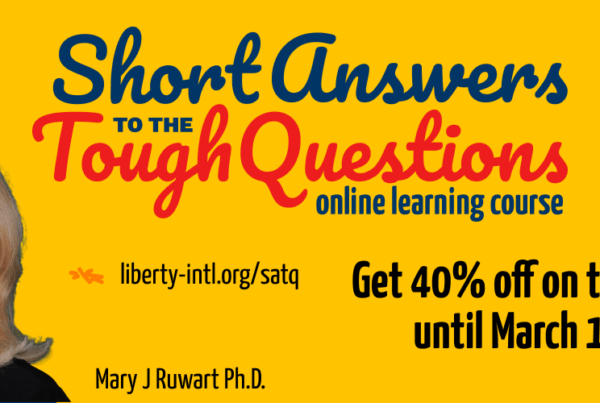By Marek Tatała, Vice President, Civil Development Forum (Poland)
Translation: Sylwia Szymańska
As part of this episode of the “World of Freedom,” I focus on the events that gained popularity in the world of freedom-oriented NGOs, primarily in April. Conferences, indexes, useful online tools, legislative successes or interesting analyses are just some of the events worth paying attention to. The “World of Freedom” is not only a source of information but, above all, an encouragement for civic activity, supporting freedom organizations and joining in their work.
A profound understanding of past events is crucial for making better decisions for the future. Hence, many organizations remind us about the past in order to effectively fight for better policies now. The Turkish Freedom Research Association has published a video showing how ineffective state policy, not capitalism, contributed to the crisis in the country during the 1980s. In the first week, the recording reached 650,000 recipients.
Click here to watch the video (in Turkish) : https://www.youtube.com/watch?v=HZ_1vFsk38U
In turn, the Venezuelan think-tank CEDICE presented a report that shows how state interventionism, especially since 1998, worsened the situation of the fuel sector in Venezuela. The solution to problems, such as inefficiency and the lack of necessary investments, is de-politicizing the sector that is privatization and banishing the state monopoly.

One of the popular themes of numerous events in recent years is the phenomenon of populism. This was the subject of the panel in which I had the pleasure to participate during ATLAS Europe Liberty Forum in Athens. This theme was also a keynote of the conference of the Italian Instituto Bruno Leoni, with the participation of such guests as Deidre McCloskey, Jacques de Larosiere, Otmar Issing or Leszek Balcerowicz. Another interesting event worth paying attention to is the LibertyCon conference in Serbia organized by the European Students for Liberty. The inspiring guests that appeared there were, among others, Tom G. Palmer, Terry Kibbe, Matt Kibbe, and Nassim Nicholas Taleb.

Increasing voters’ knowledge about the level of public spending and taxes is an essential job of freedom organizations. Civil Development Forum accomplishes this task with the “Bill from the State” and the tax calculator SprawdzPodatki.pl. Thanks to the Asociación de Contribuyentes del Peru, a tax calculator was also recently launched in Peru. The openness of the public sector promotes better knowledge of the state’s activities. That is why organizations such as México Evalúa are concerned with the matter and monitor the situation in, among others, state-owned energy companies.
Education of young people is a fundamental pillar of the Lithuanian Free Market Institute (LFMI). This organization has carried out a nationwide test of economic knowledge for the second time. This is an opportunity not only to assess the economic competences of young people, but also to encourage them to deepen their economic knowledge. Such people will eventually grow into more conscious voters. Interestingly, the state does not dissociate itself from the test and knowledge promoted by LFMI, and the winners will be invited to the Ministry of Education, Science, and Sport for the awards ceremony.

In some parts of the world, freedom organizations fight for issues that are fundamental to everyday life, such as electricity access. For example, the Lebanese Institute for Market Studies works to open up the energy market for private entities and end ineffective subsidies to improve the quality of the energy system and facilitate sustainable and reliable electricity access in this country.
In turn, other freedom organizations are active in the field of environmental protection. It is worth paying attention especially to the American Property and Environment Research Center in Montana. This organization proposed a solution to the problem of an excessive population of wild horses and donkeys through a special adoption system that combines the provision of good care for animals with savings for taxpayers, resulting in lower costs for the state to deal with animals.
Click here to watch the campaign video: https://www.youtube.com/watch?v=GmuSmS8qg-o
In Poland, we can observe problems related to the prohibition of land trade, which is critically assessed by Civil Development Forum. In Ukraine, too, many communities are fighting against the harmful ban on land trading. The fight is carried out both on the legislative and judicial front (at the level of the European Court of Human Rights), thanks to, among others, the EasyBusiness group from Kyiv. As a result of the judgment of the ECHR, there was a chance to abolish the ban and increase the protection of property rights of landowners, who will finally be able to freely dispose of it.
Another success worth mentioning is the block of the government plan to introduce a new capital gains tax in New Zealand – partly thanks to the efforts of the New Zealand Taxpayers Union and their campaign. The negative effects of this type of additional burdening, e.g. for small entrepreneurs as described by the authors of the campaign, were overwhelming.
Economic freedom means more opportunities, and these can be fulfilled, for example, by running your own business. Hence we observe the important role of facilitations in setting up private businesses, which is the goal of the project “My Company in the Web” (from Spain, Mi Empresa en Línea) carried out with ever greater success by the Fundación Eléutera. To gradually improve your financial situation, it is also important to effectively protect property rights and enforce contracts by efficient and independent courts. In this field, we can distinguish IMANI Center for Policy and Education from Ghana, which has proposed some changes to improve the functioning of the justice system.
Although Puerto Rico stands out from many countries in the world in the level of economic freedom, the situation is diversified within its territory. Centro para Renovación Económica, Crecimiento y Excelencia showed that by using a special index areas with a higher level of economic freedom experience a higher standard of living.
During
recent months, several valuable texts have appeared on the Atlas Network
website. Casey Pifer has addressed the problem of the
ineffectiveness of social assistance actions, which are often
detached from local knowledge and can lead to permanent dependence on external
support, instead of creating incentives for self-relief from poverty. It is
worth mentioning a report from Argentina, telling about how the efforts of
Libertad y Progreso to reduce customs duties on computers increase the
educational opportunities of young people in this country. In turn, from the
article by Lyalla Swim, we can learn how to transform ideas into real policies
and what tools are necessary for this transformation. The author draws
attention to the following: e.g. the role of getting through to the unconvinced
people, correct measurement of the scale of success, creating the right message
by the right leaders, and/or the role of mobilization around the idea.



